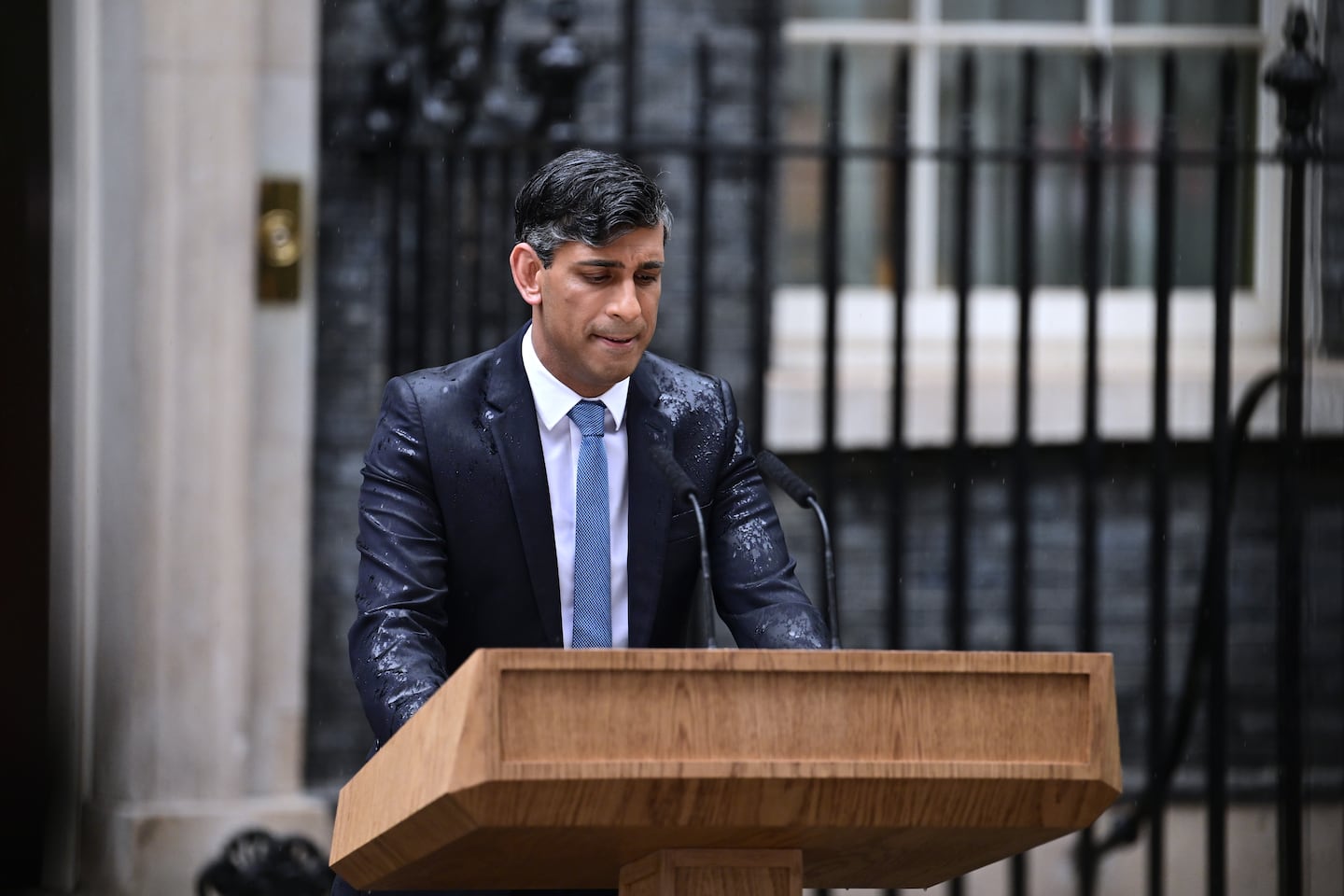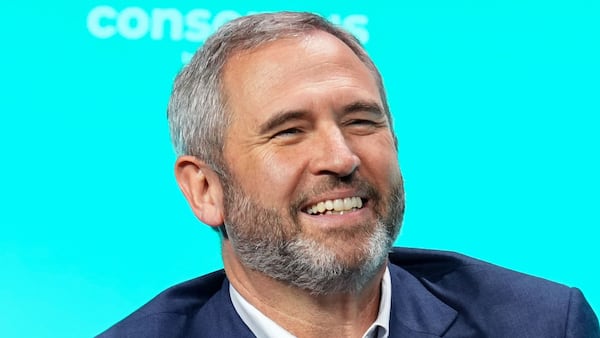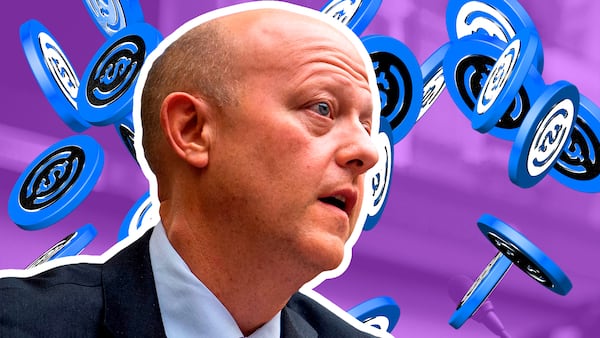- Ripple wants a new set of UK crypto laws.
- Without them, British banks won’t touch its services, executives said.
- Ripple has had more luck in jurisdictions where there are clear regulations, it said.
UK banks won’t trade with Ripple.
The company laments that a perceived lack of regulatory clarity in Britain discourages the country’s banks from tapping into Ripple’s crypto offerings.
“I personally have experiences where it has been challenging to get banking services on the back of that,” Cassie Craddock, managing director of the UK and Europe at Ripple, said at the firm’s London Policy Summit on Wednesday.
“I’m also a little bit disheartened by the fact that we’ve not seen these large banks lean in.”
The comments came after last year’s election, which ousted former Prime Minister Rishi Sunak, also derailed his party’s efforts to establish a regime for digital assets.
The comments came as part of a wider conversation about how UK banks continue to engage with crypto companies.

While PM Keir Starmer’s new government and the Financial Conduct Authority have begun the slog of establishing new rules, Ripple executives argue that they’re not fast enough, and risk losing out.
Meanwhile, the European Union is busy implementing its sweeping new Markets in Crypto-Assets regulation, and US President Donald Trump has been busy relaxing crypto rules.
It’s against this backdrop that Ripple now urges the UK government to accelerate the introduction of new laws.
“We need it sooner so that we can take advantage of the US tailwinds that we’re getting on the back of the Trump administration,” Craddock said.
Ripple is a contributor to the XRP cryptocurrency, which it uses to facilitate cross-border payments. It also provides a slew of other offerings, including crypto custody services.
‘Laugh at us’
The company has had a hard time convincing traditional banks to sign up for its services, Craddock said.
“I remember very well going to talk to large financial institutions back in 2017 and, frankly, they would laugh at us,” Craddock said. “They’d listen to us, they’d laugh at us, and then they’d open the door, and we never heard from them again.”
That has changed across the EU after the bloc introduced MiCA.
“We’ve seen significant uptick from a customer acquisition-perspective side in Europe,” Craddock said. Bank customers across the bloc now demand that those institutions have digital asset offerings, which has made institutions more open to Ripple’s services, she said.
The lack of similar rules in the UK have discouraged the nation’s banks to follow suit.
“They don’t feel confident to be able to lean in,” Craddock told DL News in a separate interview on the sidelines of the summit.
Smaller UK startups and fintechs are more eager to tap Ripple to access the company’s cross-border payment services, she said.
While Ripple is still hiring in the UK, CEO Brad Garlinghouse has said that 75% of its hiring will now be in the US to leverage the Trump regime’s pro-crypto policies.
But from a “UK and Europe perspective, we’re still continuing to invest,” Craddock said.
UK lags
Ripple is not alone in bemoaning the British legislative process’ perceived sluggishness.
The former Conservative government made pro-industry overtures and kick-started the process of introducing new crypto rules. Those efforts are now in limbo under Labour. .
The industry has particularly criticised the FCA for only approving a fraction of the firms that have applied to be officially registered.
The markets watchdog has so far approved 14% of the 351 firms that have applied since 2020, which industry reps said signified “concern for the UK’s ambition to become a crypto hub.”
Ripple is one of them awaiting approval. It flagged as early as 2023 that it was looking for a license.
“We won’t comment on the status of the license, but it is a key initiative for us,” Craddock told DL News.
The FCA has defended the low level of approvals by arguing that the majority of the rejected firms fail to live up to the regulator’s strict anti-money laundering rules.
“We are not anti-innovation,” Nikhil Rathi, chief executive of the FCA, said last week. “We absolutely want to make sure the UK is an attractive place.”
Update April 5: The comments about how UK banks are not engaging with Ripple came as part of a wider conversation about how a lack of crypto laws may influence institutional engagement with the industry. This story has been updated to reflect that.
Eric Johansson is DL News’ News Editor. Got a tip? Email at eric@dlnews.com.









